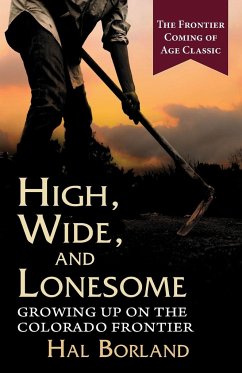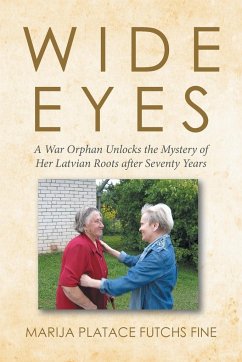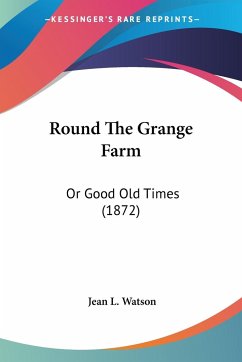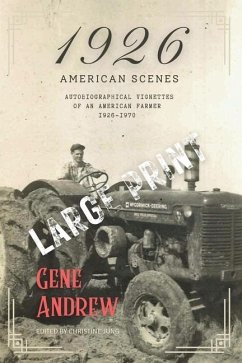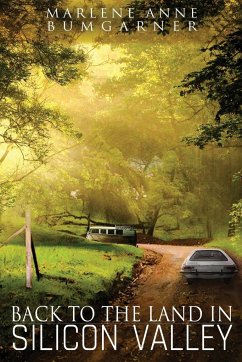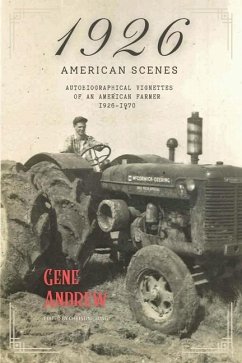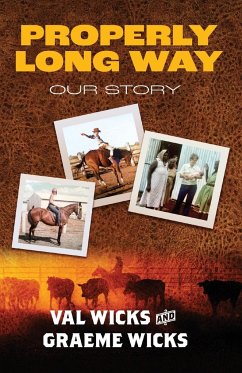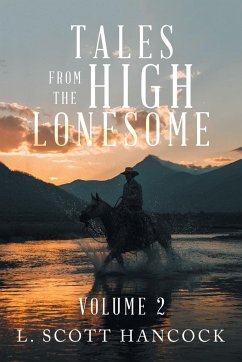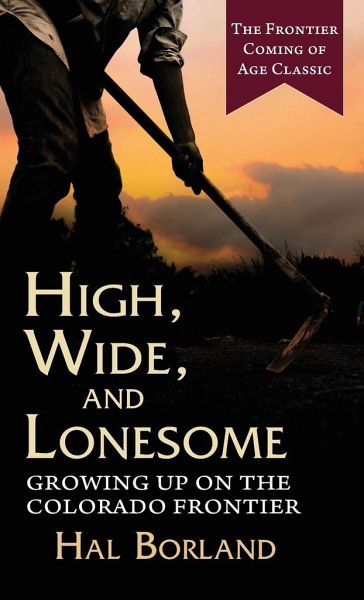
High, Wide and Lonesome
Growing Up on the Colorado Frontier

PAYBACK Punkte
15 °P sammeln!
PIONEER LIFE ON ONE OF AMERICA'S FINAL FRONTIER Hal Borland (1900-1978) was a nature writer and novelist who produced numerous bestselling books including memoirs and young adult classics, as well as decades of nature writing for The New York Times. Borland considered himself a "natural philosopher," and he was interested in exploring the way human life was bound to the greater world of plants, animals, and natural processes. Hal Borland migrated with his parents to the still-unsettled, windswept high plains of eastern Colorado to take advantage of the Homestead Act. There they built a house f...
PIONEER LIFE ON ONE OF AMERICA'S FINAL FRONTIER Hal Borland (1900-1978) was a nature writer and novelist who produced numerous bestselling books including memoirs and young adult classics, as well as decades of nature writing for The New York Times. Borland considered himself a "natural philosopher," and he was interested in exploring the way human life was bound to the greater world of plants, animals, and natural processes. Hal Borland migrated with his parents to the still-unsettled, windswept high plains of eastern Colorado to take advantage of the Homestead Act. There they built a house from scratch, raised livestock, and worked hard, living off the land. High, Wide, and Lonesome is Borland's fascinating firsthand account through the eyes of the 10-year-old boy who faced the challenges of growing up on the frontier at the start of the twentieth century. It was a hard life. The harsh weather and unforgiving conditions of the western prairie gave life-and-death significance to the essential tasks of providing food, water, and warmth for themselves. At the same time, the hardships of the frontier landscape forced resilient pioneer families like the Borlands to develop strong bonds, simple values, and sincere appreciation for the beauty and natural rhythms of the open range. Together they learned fundamental truths about love, commitment, courage, and the bittersweet passage of time. The raw experiences described formed and defined the young Hal Borland. This memoir is a fascinating and unvarnished historical autobiography of life and survival on the frontier of America's real Wild West. This book is also available from Echo Point Books as a paperback (ISBN 1635618827). Echo Point Books specializes in bringing worthy books to the reading public, and publishes a number of Hal Borland's significant works, including the memoir The Dog Who Came to Stay (hardcover 1635618835, paperback 1635618843), the collection of his essays published in The New York Times-This Hill, This Valley (hardcover 1635619114, paperback 1635619106); the novel When the Legends Die (hardcover 1635618630, paperback 1635618649), and his nature almanacs, Sundial of the Seasons (hardcover 1635619076, paperback 1635619084), Book of Days (hardcover 1635617596, paperback 163561760X), and Twelve Moons of the Year (hardcover 1635619009, paperback 1635619017).





